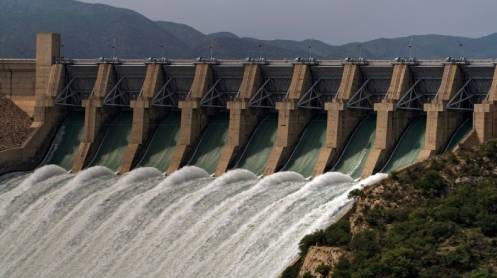ISLAMABAD: The National Assembly on Tuesday approved a total allocation of Rs715.45 billion for the energy sector for the fiscal year ending June 30, 2026, with the Power Division receiving the bulk—Rs636.9 billion—for operational expenditures.
Development allocations include Rs2.39 billion for the Power Division and Rs72.1 billion in external development loans for power projects. The Petroleum Division will receive Rs2.17 billion, and the Geological Survey of Pakistan Rs1.15 billion. Additionally, Rs718.6 million was earmarked for capital outlay in the petroleum sector.
Concluding the debate, Federal Minister for Power Awais Leghari launched a strong critique of the previous Pakistan Tehreek-e-Insaf (PTI) government, alleging preferential contracts and long-term burdens on consumers. He claimed Rs3,500 billion had been “taken back” from business groups favored under PTI.
Leghari highlighted that electricity tariffs had been reduced for two-thirds of metered consumers, with up to a 58% cut for those using under 200 units. He also noted the cancellation of 10,000 MW out of 17,000 MW of power purchase agreements signed under PTI, avoiding an additional Rs4,500 billion burden over seven years.
He further revealed a 31% reduction in distribution company losses—Rs180 billion saved over 11 months—and announced a new Rs1,260 billion, six-year plan to eliminate circular debt. He said Rs110 billion in overbilling had been reimbursed to consumers and pledged net metering reforms.
The minister criticised state-owned Gencos for inefficiency, saying Rs7 billion was spent annually on staff without meaningful output. He also touted improvements in Pakistan’s international relations and global standing.
Meanwhile, PTI lawmakers questioned the nomination of former US President Donald Trump for the Nobel Peace Prize, demanded transparency on recent high-level meetings, and accused the current coalition government of overseeing the controversial repatriation of Taliban fighters.
JUI-F’s Aliya Kamran criticised the bloated federal cabinet, which she said violated the constitutional cap of 48 ministers, and called for funds to be redirected to public services. She also flagged functional overlaps between the Special Investment Facilitation Council (SIFC) and the Board of Investment (BOI), calling for urgent reforms.







